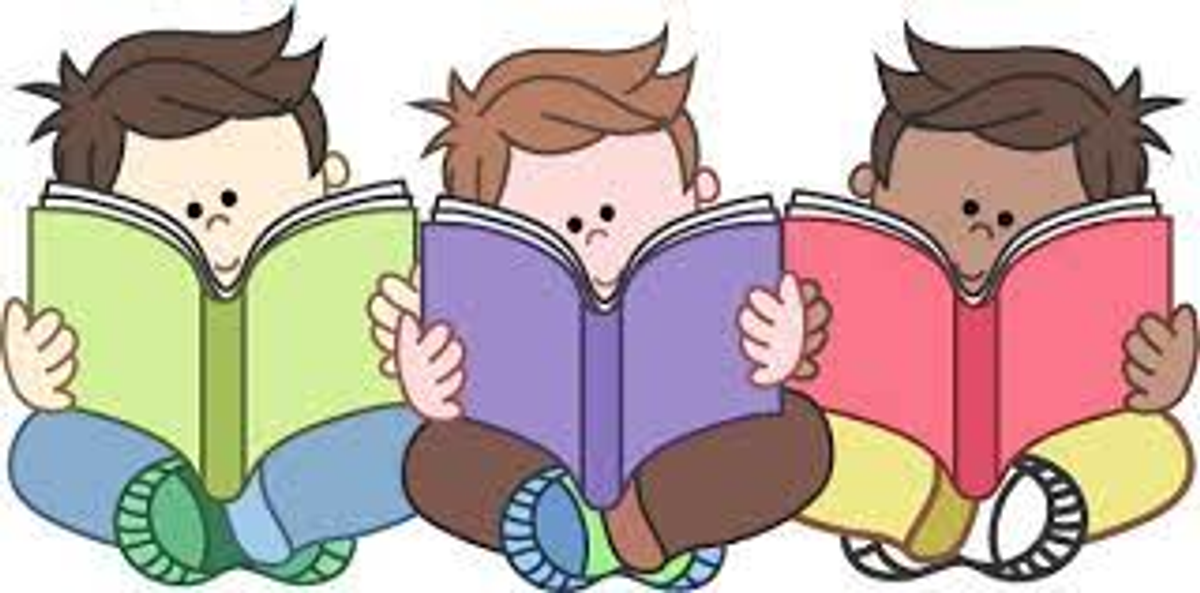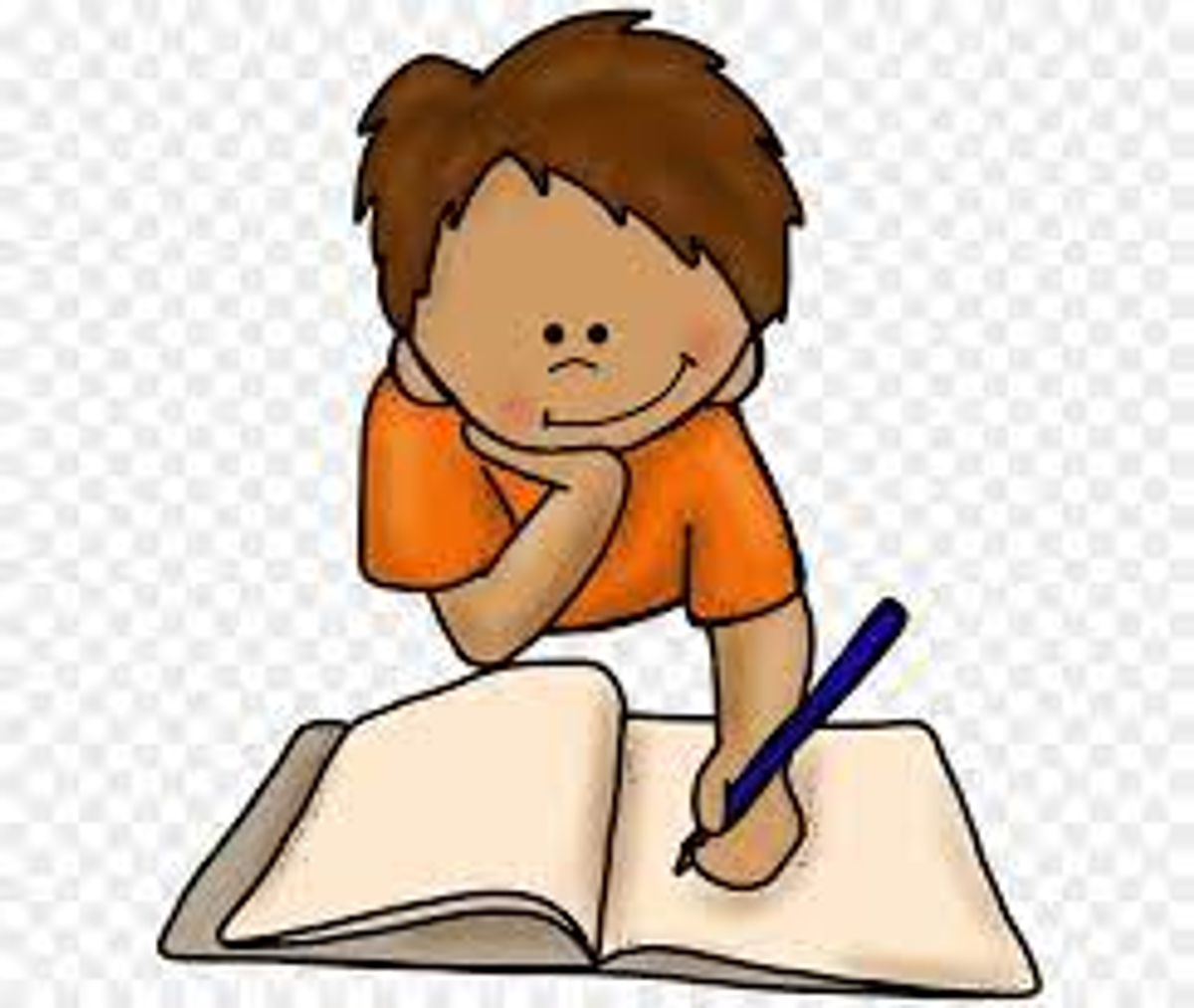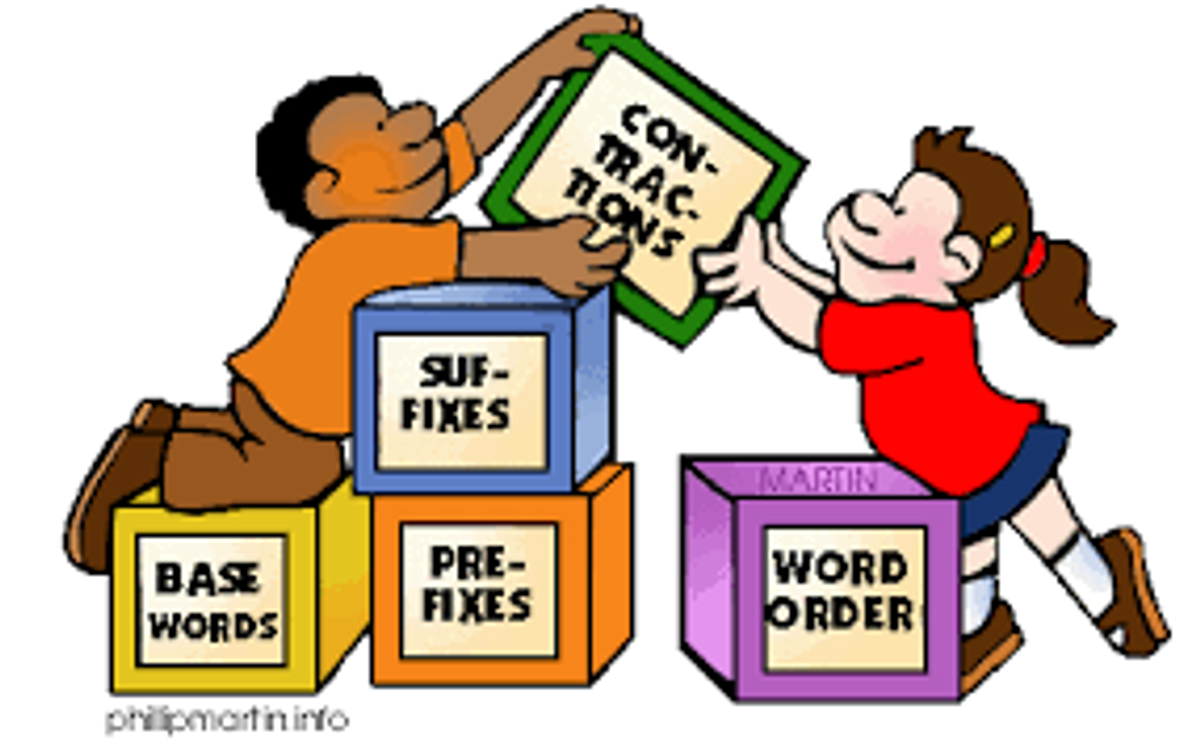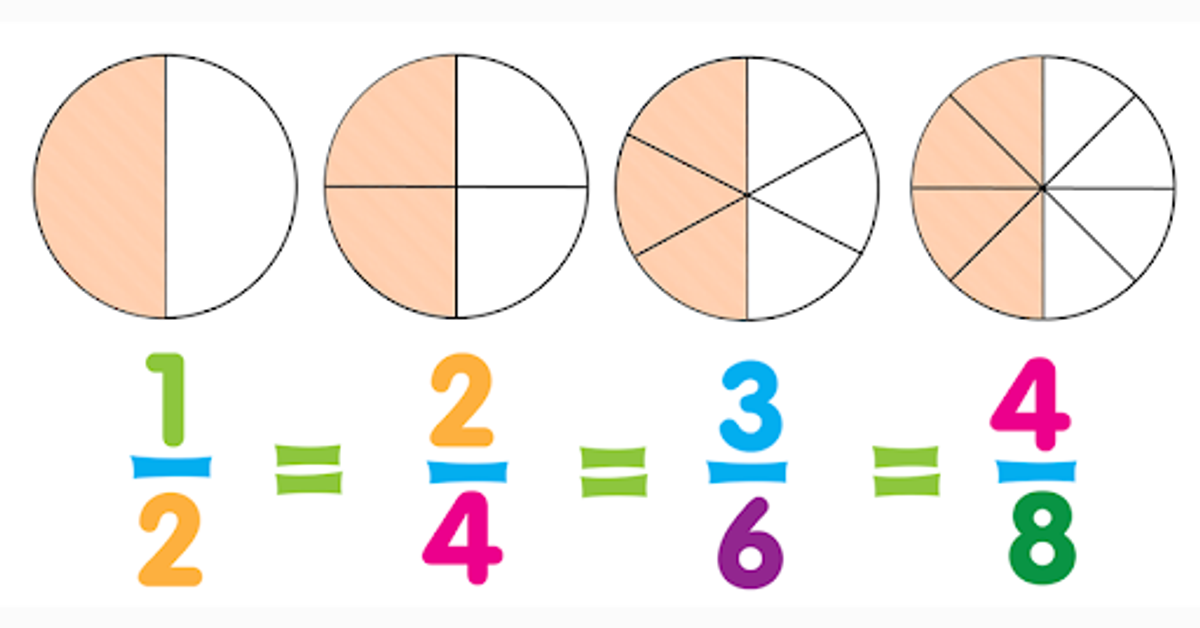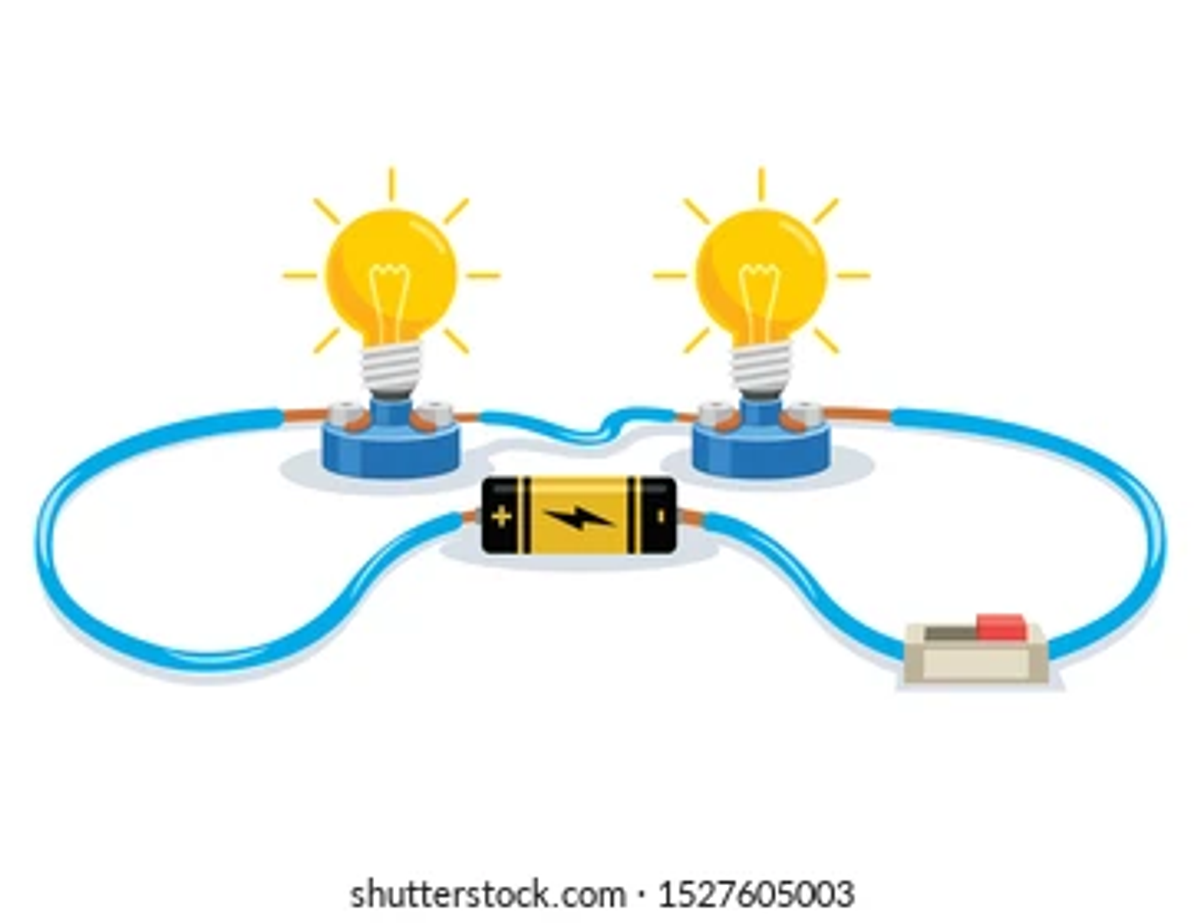Level 6

Reading
This term, students will study the reading comprehension skills of inferencing, drawing conclusions, cause and effect and finding the main idea. The students will participate in a daily Reader’s Workshop where they use their own instructional texts to consolidate their understandings of these skills. The activities will be differentiated to ensure every student is learning at their ability level.
Weekly focus:
Week 1: Inferencing
Week 2: Inferencing
Week 3: Drawing Conclusions
Week 4: CAMP
Week 5: Drawing Conclusions
Week 6:Cause/Effect
Week 7:Cause/Effect
Week 8:Cause/Effect
Week 9:Finding the Main Idea
Week 10: Finding the Main Idea
Writing
We use the 6 Plus One Traits of Writing program which covers the traits of voice, conventions, sentence fluency, ideas, organisation and word choice, with the plus one being a presentation. Modelling to students on how to use these traits will be done to grow students’ writing skills. This term we are focussing on Narrative and Persuasive Writing. Narrative Writing involves students writing fictional stories usually about a main character in a setting who encounters a problem or engages in an interesting, significant or entertaining experience. Persuasive writing intends to convince readers to believe in an idea or opinion and to do an action. Discussing with your child topics of interest in these two areas will significantly help your child to develop focussed pieces of writing based around their interests. Teachers will incorporate the six plus one writing traits into these lessons.
Weekly focus:
Week 1-5: Narrative Writing
Week 6-10: Persuasive Writing
Spelling and Grammar
We are using the Jolly Phonics Spelling and Grammar program to strengthen students’ abilities with spelling patterns and rules, along with revisiting basic and introducing advanced grammar concepts. They will have the opportunity to learn, experiment, practice and use a variety of language structures to enhance their spelling strategies, writing and communication skills.
Week 1: <ei> and <ie> spelling for /ee/ & Linking Verbs
Week 2: <ei>, <eigh> <eir> & Prepositional Phrases Acting as Adverbs
Week 3: <ci> for /sh/ & Prepositional Phrases Acting as Adjectives
Week 4: CAMP
Week 5: <cious> & Relative Clauses
Week 6: <-eous> & Relative Clauses in Sentences
Week 7: Double Letters & Coordinating Conjunctions
Week 8: <cc> for /k/ & Semicolons and Compound Sentences
Week 9: Doubling Rule for <fer> & Colons in Sentences
Week 10: Long /oo/ & Subordinating Conjunctions
Numeracy
In Term 2, we will be revising our knowledge of the four operations maths facts (addition, subtraction, multiplication and division). We will then be looking at fractions for the remainder of the term.
Through planning and implementation of our lessons, an integral part will be on the four maths proficiencies; understanding, fluency, problem-solving and reasoning.
As we move through the term, we continually assess the students’ work and develop lessons that meet the individual needs. The weekly focus below can change depending on how the students are grasping these mathematical concepts.
Weekly focus:
Week 1: Addition and Subtraction - Revision
Week 2: Multiplication and Division - Revision & Introduce Fractions
Week 3: Compare fractions with related denominators
Week 4:Phillip Island Camp
Week 5: Addition and subtraction of fractions
Week 6: Fraction of a quantity
Week 7: Add and subtract decimals
Week 8: Multiply decimals
Week 9: Multiply and divide decimals by powers of 10
Week 10: Connections between equivalent fractions, calculate percentage discounts of 10%, 25% and 50% decimals and percentages, and Describe probabilities using fractions
Inquiry
Throughout Inquiry in Term 2, students will be undertaking a unit of work called ‘Super Science’. This unit is based on physical and chemical science. In particular, the students will work closely with States of Matter, Electrical Circuits and Force. They will be involved in a rotation of activities where they experience hands-on participation in these areas as well as learning to write up science experiments using testing a hypothesis. The homework this term will be in two parts, based on the Super Science Inquiry. The students will be asked to research a famous scientist and write up an experiment.
